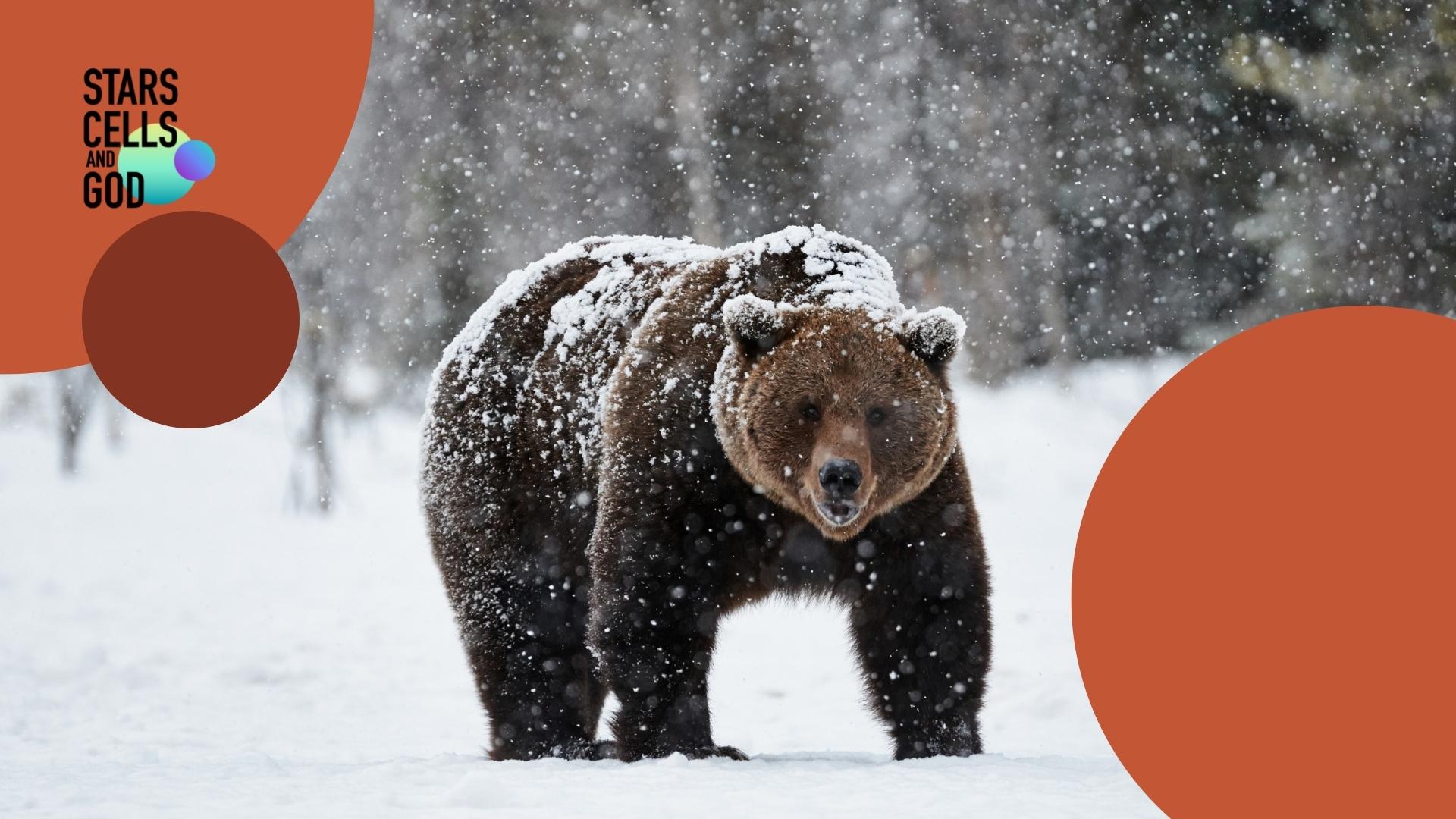Stars, Cells, and God | How Mars Lost Its Water and Adaptation & Providence
Join Fazale “Fuz” Rana and Jeff Zweerink as they discuss new discoveries taking place at the frontiers of science that have theological and philosophical implications, as well as new discoveries that point to the reality of God’s existence.
How Mars Lost Its Water
Of all the solar system bodies, Mars is the place most likely to have hosted life in the past. However, compared to Earth, Mars now has a small atmosphere and minimal water. The reasons Mars lost its water and atmosphere highlight the seemingly unique capacity of Earth to support life.
Adaptation & Providence
Recently, a large team of collaborators headed up by researchers from the University of California, Santa Cruz highlighted another mechanism that they think contributes to organisms’ ability to adapt: introgression—the introduction of genetic material into the gene pool of another species through interbreeding or hybridization. Insights such as this latest one are often viewed as prima facie evidence for life’s evolutionary history. Can discoveries such as this be viewed as legitimate from a creation model standpoint?
Fuz and Jeff discuss these important topics in this episode of Stars, Cells, and God.
References:
“How Did Mars Lose Its Atmosphere and Water?,” Bruce Jakosky, https://physicstoday.scitation.org/doi/10.1063/PT.3.4988
“A Polar Bear Paleogenome Reveals Extensive Ancient Gene Flow from Polar Bears into Brown Bears,” Ming-Shan Wang et al., https://www.doi.org/10.1038/s41559-022-01753-8
“Scientists Sequence Genome of 100,000-Year-Old Polar Bear,” Sci News, https://www.sci.news/genetics/polar-bear-paleogenome-10914.html
Additional Resources:
“Evidence that Humans Are Evolving Is Not Evidence for Human Evolution,” Fazale Rana https://reasons.org/explore/publications/articles/evidence-that-humans-are-evolving-is-not-evidence-for-human-evolution
Thinking about Evolution by Anjeanette Roberts, Fazale Rana, Sue Dykes, and Mark Perez


